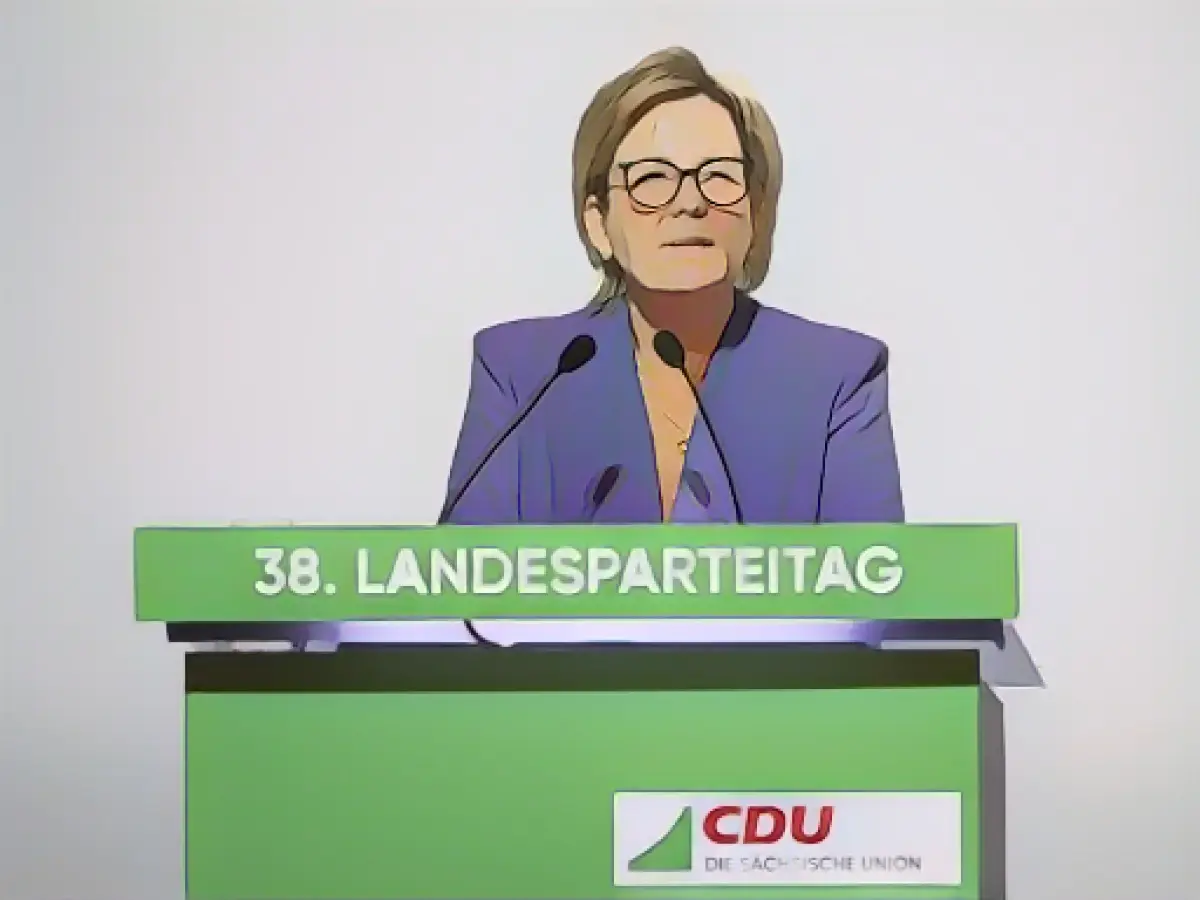Tax Criticism Over Restaurant VAT Rate Hike
Barbara Klepsch, Saxony's Tourism Minister, has slammed the federal government for not extending the reduced VAT rate on food in restaurants. In an interview with the German Press Agency, Klepsch expressed her shock, calling the decision to revert back to a 19% VAT rate from January 1 a devastating signal for the catering industry and tourism. This move comes as a major blow to an industry already grappling with skyrocketing costs and labor shortages.
Hoping to cushion the blow, the VAT reduction was first introduced in mid-2020 during the early stages of the COVID-19 pandemic to give the industry a much-needed respite. Initially, the rate was slashed to 5%, but it went up to 7% from January 2021 due to a broader VAT reduction. However, despite the continuous energy crisis and high inflation, especially for food, the reduction for the catering industry was extended several times.
Saxony's cabinet previously considered the issue in September, and the Free State of Saxony even lobbied the Bundesrat for a three-year extension of the VAT reduction. Klepsch had also sent a letter to Finance Minister Christian Lindner to express Saxony's stance on the matter.
The Ministry of Tourism is deeply concerned about the potential negative impact on the hospitality industry. It's expected that restaurants will have to pass the VAT hike on to their customers to survive economically. This may speed up the temporary closure of numerous businesses in Saxony, where more than 40% of municipalities already lack any restaurants. Worse still, the increased VAT could adversely affect prices in canteens, nursing homes, daycare centers, and school meals as well.
The German Hotel and Restaurant Association (Dehoga) foresees a significant threat to many livelihoods. With the tax increase set to affect small and medium-sized family businesses in particular, the association calls for a permanent reduction in the tax rate on meals.
Klepsch's criticism of the VAT hike is a worrying development for the entire hospitality sector. If implemented, the increased VAT could contribute to numerous business closures within the sector.
In-Depth Analysis
The planned VAT hike on restaurant meals in Germany could pose challenges for the hospitality industry due to increased operational costs. Some potential impacts and alternative measures to prevent business closures are discussed below.
Potential Impacts
- Higher Operational Costs: Restaurants may need to raise prices to maintain profitability, which could discourage customers and reduce sales volumes.
- Reduced Portion Sizes or Quality: Restricted budgets might force restaurants to cut back on portion sizes or compromise on food quality, leading to decreased customer satisfaction and loyalty.
- Burden on Consumers: Ultimately, the increased VAT burden would fall on consumers, potentially reducing their disposable income and spending power, particularly lower-middle and lower-income groups.
Alternatives to Prevent Business Closures
- Gradual Price Adjustments: Rather than sudden hikes, restaurants could consider implementing slower price rises to minimize the impact on customers.
- Efficiency Measures: Introducing cost-saving strategies, such as optimizing inventory management, reducing waste, and improving operational efficiency, could help restaurants maintain profitability without raising prices.
- Progressive Taxation: Advocating for a more progressive taxation system, where higher taxes are imposed on luxury goods and services consumed by the affluent, could help shift the tax burden away from the middle and lower-middle classes.
- Government Support: Governments could provide assistance to the hospitality industry via subsidies for small businesses, training programs for staff, or initiatives to promote local dining experiences.
- Consumer Education: Educating consumers about the impact of VAT increases and the importance of supporting local businesses could help in maintaining customer loyalty and retention.
With the implementation of these strategies, the hospitality industry in Germany could potentially mitigate the effects of the VAT increase and prevent business closures.








